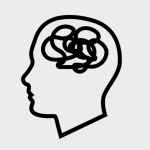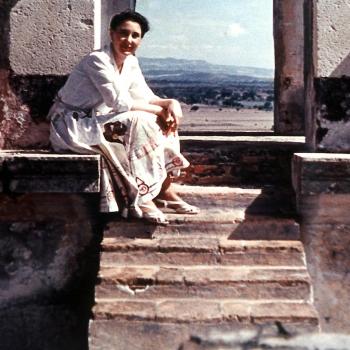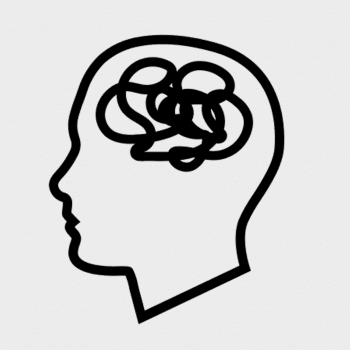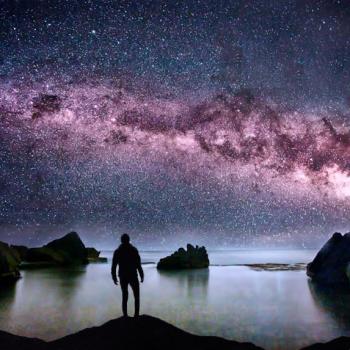Is a college education worth it? Between rising costs of tuition and dubious outcomes of university instruction, an unhesitating “yes” appears naive at best. Now, many institutions of higher education have moved their classes online, further intensifying the debate.
If the question is to be resolved, we need a clear definition of education. This would be a challenge in any pluralistic society, but is especially difficult in our divided and contentious American context. But it is possible, for the heart of education transcends the contingencies of the place and time in which it takes place.
Throughout my time at university, I’ve come to embrace a set of beliefs about the the education of the human person. In large part, my vision of education has drawn on stories of the lives of others, for as MacIntyre explains in After Virtue, the truth of a life is only intelligible in view of its narrative. So today, I’m bringing you four claims about education and pairing them with written works that illustrate or support each claim. Though not nearly exhaustive, I hope the list is a promising starting point for those seeking to begin, renew, or reflect on their pursuit of higher education.
1. Education is personal rather than individual
In America, a certain pragmatic individualism has always dominated the social landscape. As Alexis de Tocqueville famously pronounced: “of all the countries of the world, America is the one in which the precepts of Descartes are least studied and best followed.” But when we reduce education to this plane, it fails both student and society. Examples are plentiful. One favorite of mine is F. Scott Fitzgerald’s This Side of Paradise, in which the individualistic and status-driven Amory Blaine falls into an alienated disillusionment.
For an alternative to the individual, we can turn to Martin Buber’s I and Thou. According to Buber, the individual treats reality — and those within it — as an object to possess or oppose. The person encounters reality, entering into relationship with an irreducible other. No human being is wholly person or wholly individual. The human being must die to herself if she is to become a person, if she is to transcend her individuality and enter into communion.
Education is formation of the person. Therefore, it must be attentive to all the basic goods of human life and foster communion at every level of society; it must seek to inculcate virtue, rather than self-defined values, and cannot shy away from sacrifice.
2. Education is rooted in dignity and freedom
The dignity of each person flows from her identity as a beloved child of God who is created in His image. Only in light of this dignity is it reasonable to undertake the educational project.
Viktor Frankl’s Man’s Search for Meaning begins with a stunning account of his life in a concentration camp. Throughout his experiences of torture and starvation, Frankl retained his ability to recognise the dignity of each person. Thus, he remained free to search for (and discover!) meaning in the midst of the horror that surrounded him.

The intellect, conscience, and freedom of the human person all proclaim her inherent dignity. The purpose of education is to form these aspects of the person, to bring them to maturity and completion. This implies a risk, for the truth can only be proposed to — rather than imposed on — one who is free. So, as Luigi Giussani explains in The Risk of Education, an educator is one full of loving passion, one who is willing to enter into relationship with her students to propose the truth to them by her life.
3. Education develops true reasonableness
The task of the educator is not to present a set of historical, scientific, and theological facts for memorisation. Rather, education must aim at forming each student’s capacity for reason.
And what is reason, properly understood? Taking a page from Giussani’s The Religious Sense, we can say that reason is the capacity to become aware of the entirety of reality. Reason is not the same thing as the ability to demonstrate or to prove through logic; these are instruments that reason might use, but reason is broader than this. For instance, consider a child’s belief that her mother loves her. This is not the product of a demonstration or a logical deduction, but it is eminently reasonable. In fact, if she suddenly developed a fear that her mother wanted to kill her, she would likely be diagnosed with a mental disorder. Reason addresses the whole of reality, not merely matters of scientific investigation. Therefore, reason is not reducible to a single procedure, for it employs a different method for each object of its inquiry.
The duty of the educator is to form the whole of the student’s reason. This task is of paramount importance, for reason permits the student to enter into relationship with reality, which is the essential foundation for the flourishing of her life. One unlikely but strong literary ally in this claim is Vladimir Nabokov: in Pale Fire, his unreliable narration illustrates the drama of a life that is out-of-touch with reality, and conversely, the importance of a love of reason.
4. Education is animated by love
The proper end of education is love. However, this animating principle is not automatic. One who remains passive before his life is quickly swept up into the pursuit of lesser ends, such as wealth, pleasure, and status.
What can reawaken us to love, and free us from these attachments? Perhaps we may experience wonder at the natural world, an awe akin to what Hope Jahren shares in Lab Girl. Or we make take disinterested delight in the life of the mind, as Zena Hitz articulates in her recent work Lost in Thought. Finally, we may rely on moments of encounter with others who are living exemplars of “the love that moves the sun and the other stars.”
When education aims at its true end, it will bear much fruit, for each student will go forth into the world with a love of truth and a love of others. And this, after all, is the ultimate vocation of the human person. As any good story of vocation — such as the epic adventure The Lord of the Rings or the heart-rending drama The Tidings Brought to Mary — makes clear, it requires sacrifice. But it is for our joy.
What would you add to the list? You can write to me at [email protected]. I’ve got a newsletter coming out soon, which you can subscribe to here.












